The fine print and unwritten rules can save you a fortune.
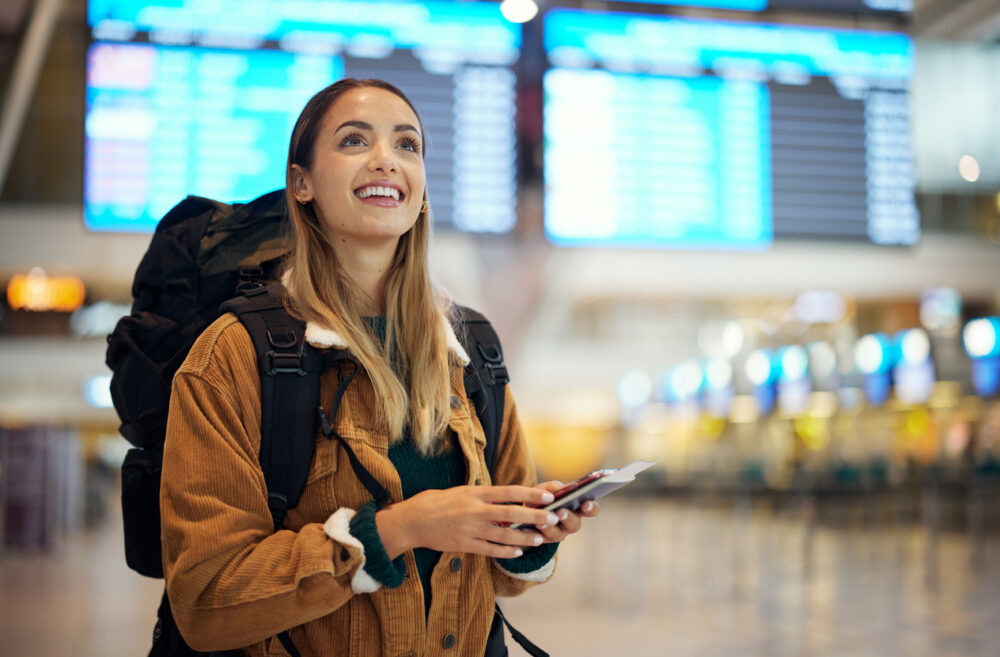
The world of air travel is governed by a complex web of rules, regulations, and industry practices that often seem designed to confuse and frustrate passengers. Airlines thrive on this complexity, counting on the fact that most travelers don’t know their rights or the tricks to getting the best deal. A little bit of insider knowledge, however, can completely change the power dynamic.
Learning about the unwritten rules and the regulations they’d rather you not read can save you hundreds of dollars and a world of hassle on your next trip.
1. You have 24 hours to cancel most flights for a full refund.
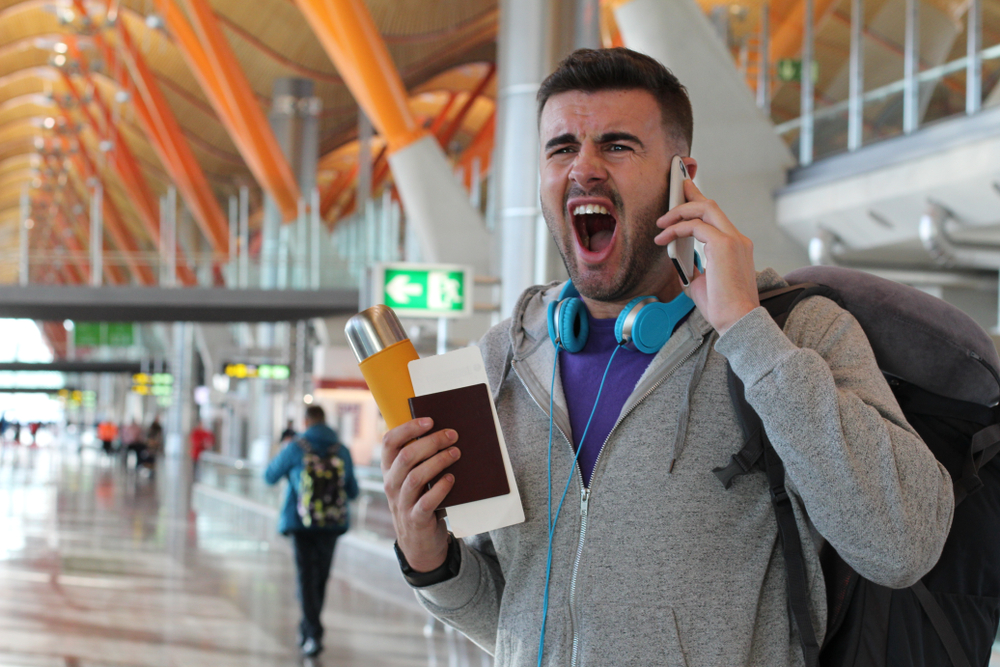
This is the single most powerful rule that many travelers are unaware of. The U.S. Department of Transportation mandates that airlines must allow you to cancel a booking within 24 hours of purchase for a full cash refund, as long as you booked the flight at least seven days before its departure. This applies to all tickets to, from, or within the United States, says Global English editing.
This rule allows you to lock in a good fare you see without having to worry about immediate buyer’s remorse. If you find a better price, a more convenient time, or simply change your mind within that 24-hour window, you can cancel and get all of your money back, no questions asked.
2. They owe you real money for bumping you off a flight.
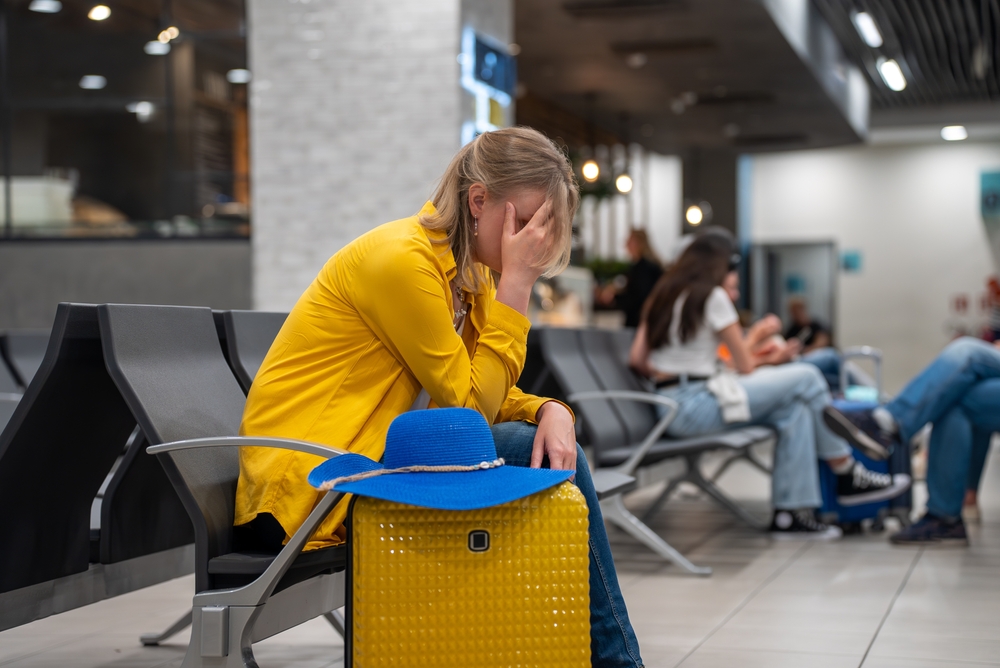
When a flight is overbooked, the airline will ask for volunteers, offering travel vouchers as compensation. But if they don’t get enough volunteers and have to involuntarily deny you boarding, they owe you cold, hard cash. According to DOT regulations, the compensation is based on the length of your delay and your one-way fare price.
For significant delays, the airline is required to pay you up to 400% of your one-way fare, with a current cap of $1,550, as per Reader’s Digest. They will almost always offer you a voucher first because it’s better for them. Always insist on the cash compensation you are legally entitled to.
3. You are entitled to a cash refund for a canceled flight.
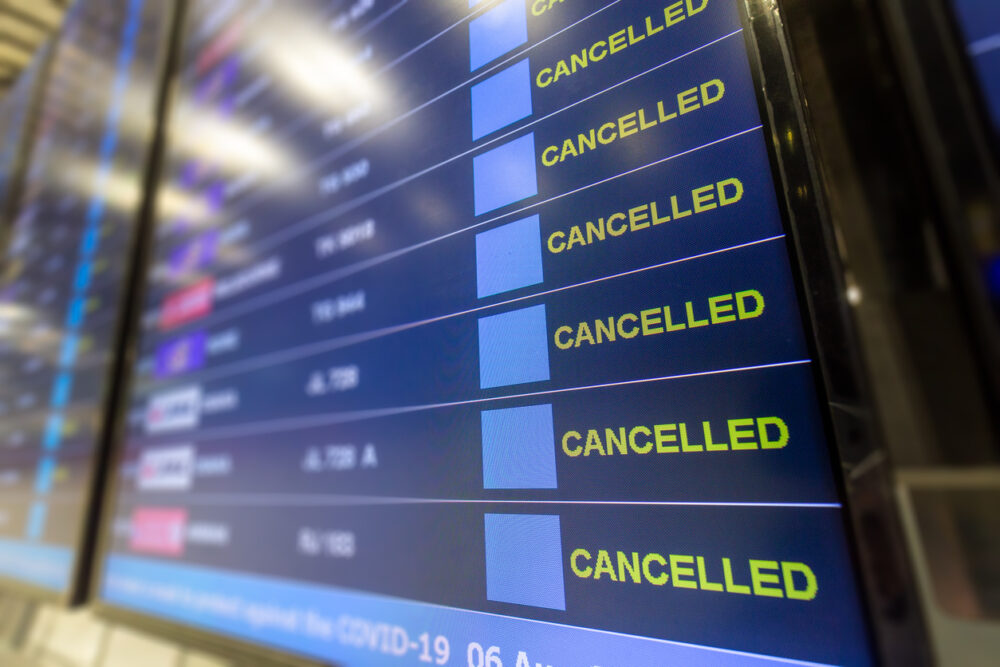
If an airline cancels your flight for any reason, you have a right to a full cash refund, not just a travel credit or voucher for a future flight. During the pandemic, many airlines tried to push vouchers on customers, but the DOT has been very clear on this rule. You do not have to accept the voucher if you no longer want to travel.
You must specifically request the refund, as the airline’s default will be to offer you a credit. This also applies if the airline significantly changes the flight schedule and you no longer wish to take it. Knowing this rule prevents your money from being held hostage by the airline, according to Prepare Travel Plans.
4. You can get reimbursed for items in a delayed bag.
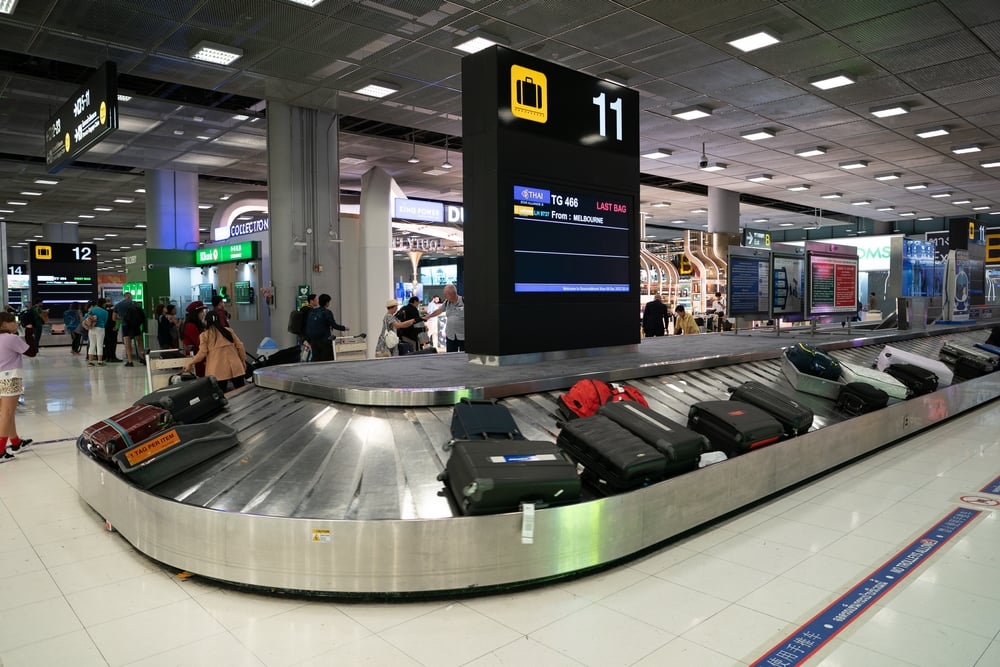
When an airline delays your luggage, it’s more than just an inconvenience; you are entitled to be reimbursed for reasonable, essential expenses you incur because of the delay. This means you can go out and buy toiletries, a change of underwear, and other essential clothing, and the airline has to pay for it, up to a certain limit.
You must keep all your receipts and file a claim. If the bag is declared permanently lost, you are entitled to compensation for the value of the bag and its contents, up to approximately $3,800 for domestic flights. Don’t let them tell you they are not responsible for your immediate needs.
5. Basic economy is designed to make you spend more.

Basic economy fares look like a great deal, but they are a carefully designed trap. These no-frills tickets come with so many restrictions—no seat selection, no overhead bin space, no changes allowed—that they often end up costing more than a standard economy ticket. You’ll be forced to pay a hefty fee to check your carry-on bag or to sit with your family.
The entire business model is based on “upselling.” The experience is made deliberately uncomfortable to encourage you to pay to upgrade to a regular main cabin fare. In many cases, you are better off just buying the standard economy ticket from the start.
6. You can often pick your seat for free at check-in.

Many airlines now charge a fee for any advance seat selection, even for undesirable middle seats at the back of the plane. This can add a significant cost to your ticket. However, if you are willing to wait, you can often select a seat for free when you check in online, 24 hours before your flight.
At this point, the airline will let you choose from any of the remaining, unassigned seats at no charge. The selection might be limited, but you can almost always avoid a middle seat if you check in right when the window opens. It’s a simple way to avoid a completely unnecessary fee.
7. The 2-hour “flat tire rule” is real.
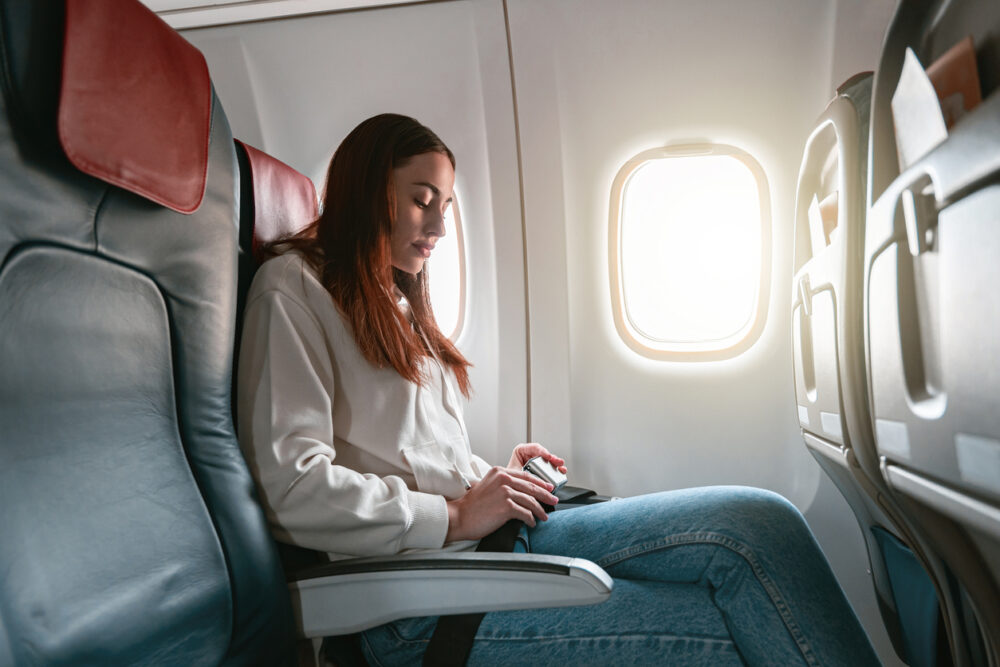
This is an unofficial but widely practiced policy at many airlines. If you miss your flight by a small amount of time—typically less than two hours—due to circumstances beyond your control like a flat tire or a massive traffic jam, the airline will often accommodate you on the next available flight for free or for a small rebooking fee.
It is not a guaranteed right, and it depends heavily on the ticket agent you get and how politely you explain your situation. But it is a common courtesy that many airlines extend, so it is always worth asking for politely instead of assuming you’ve completely lost your ticket.
8. Flight attendants have a secret stash of goodies.
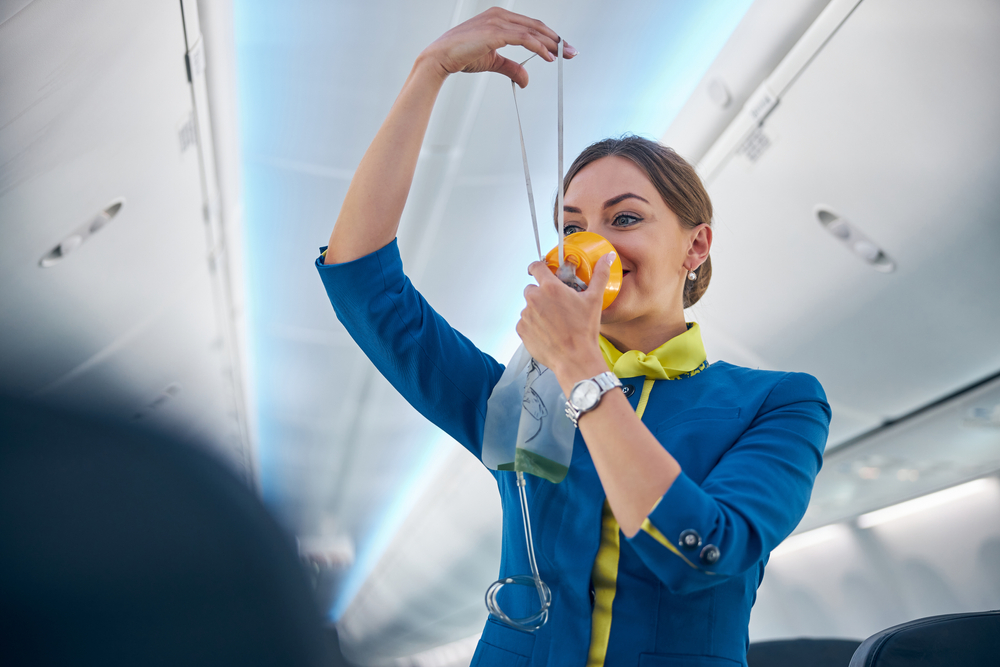
The service on a plane can be limited, but flight attendants often have access to more than what’s on the cart. If you are polite, patient, and discreet, you can often get things like a full can of soda instead of a small cup, extra snacks, or even a more premium item from a higher class of service if there are leftovers.
Flight attendants also have the discretion to offer complimentary drinks or other small perks to passengers who are particularly kind or are having a difficult flight. Being nice to the crew is not just the right thing to do; it can also make your journey much more pleasant. Their goodwill is a valuable, unlisted amenity.
9. Your ticket might be cheaper if you book it in a different currency.

This is a trick used by savvy international travelers. Sometimes, an airline’s fare for the exact same flight can be cheaper if you book it on their foreign website in the local currency. You can use a VPN to make it appear as if you are in that country and compare the prices.
You will need a credit card that doesn’t charge foreign transaction fees to make this work effectively. It doesn’t always result in a huge savings, but for expensive long-haul flights, it can sometimes save you a surprising amount of money. It’s a bit of extra work, but it can be worth the effort.
10. You don’t have to drink the tap water on the plane.
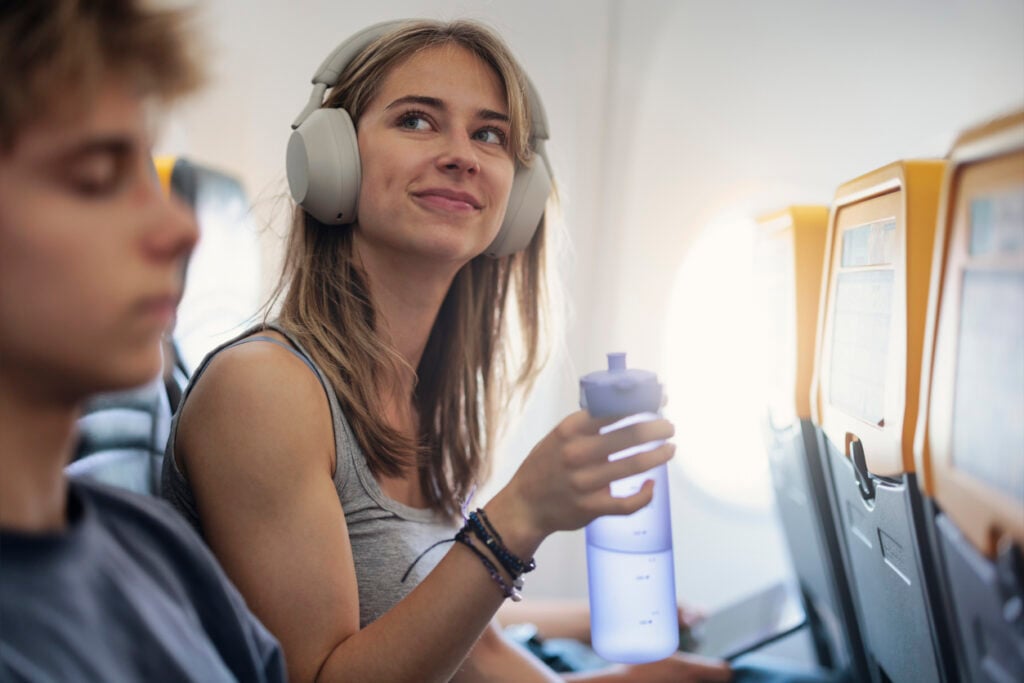
The water used for coffee, tea, and in the lavatory sinks comes from a holding tank on the aircraft. Studies over the years have raised concerns about the cleanliness of these tanks and the water they contain. While the water is required to be safe, it is not the same as the bottled water the airline serves.
Most flight attendants and frequent flyers will tell you to stick to bottled water and canned beverages. They almost never drink the coffee or tea brewed on board for this very reason. It’s a small secret that can help you avoid any potential stomach issues on your trip.
11. “Hidden city” ticketing is a risky but real loophole.
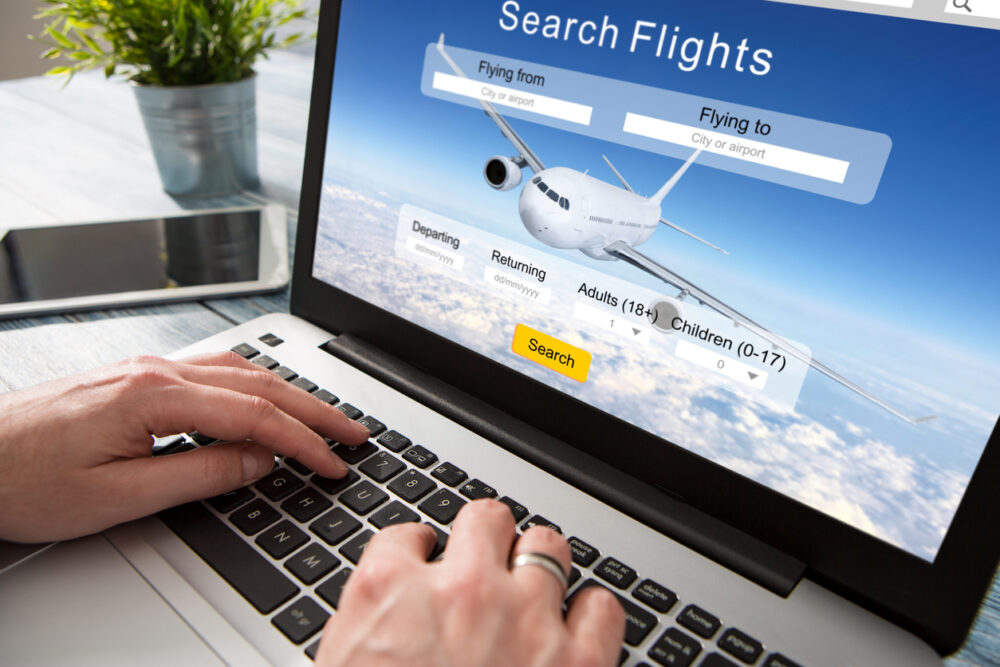
This is a controversial travel hack that airlines absolutely hate. Sometimes, a flight from City A to City C with a layover in City B is cheaper than a direct flight from City A to City B. “Hidden city” ticketing is when you book the cheaper flight to City C but get off the plane at the layover in City B, throwing away the last leg of the trip.
This only works for one-way flights, and you cannot check any luggage, as it will be sent to the final destination. Airlines are cracking down on this practice and can penalize you by canceling your frequent flyer account if you are caught. It’s a high-risk, high-reward secret.
12. You can get a credit if your airfare drops after you book.

Many passengers don’t realize that some airlines, including Alaska and United, have a form of price drop protection. If the price of your flight goes down after you’ve already purchased it, you may be able to get the difference back in the form of a travel credit for a future flight.
You usually have to cancel and rebook your flight at the lower price, and it typically only works if you are outside the 24-hour cancellation window. It requires you to actively monitor the fares after you book, but a simple Google Flights alert can do this for you. It’s a way to ensure you’re getting the best possible price.
13. Crew timeout rules are often the real reason for cancellations.
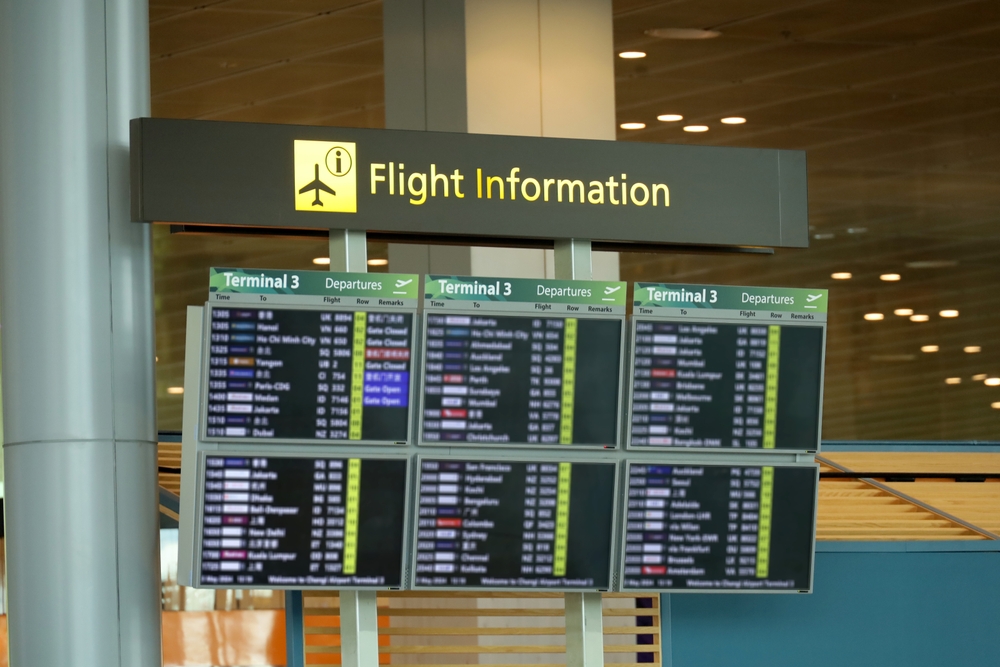
When a flight is delayed for hours due to weather or a mechanical issue, it can trigger a domino effect that leads to a full cancellation. This is often because the flight crew—the pilots and flight attendants—are legally limited by the FAA in how many hours they can be on duty.
If the delay pushes them past their “timeout,” they are legally prohibited from flying, even if the weather is now clear and the plane is fixed. The airline will cancel the flight because they don’t have a fresh crew available to take over. It’s a critical safety regulation that is often the final nail in the coffin for a severely delayed flight.
14. You can use miles from one airline to book on another.
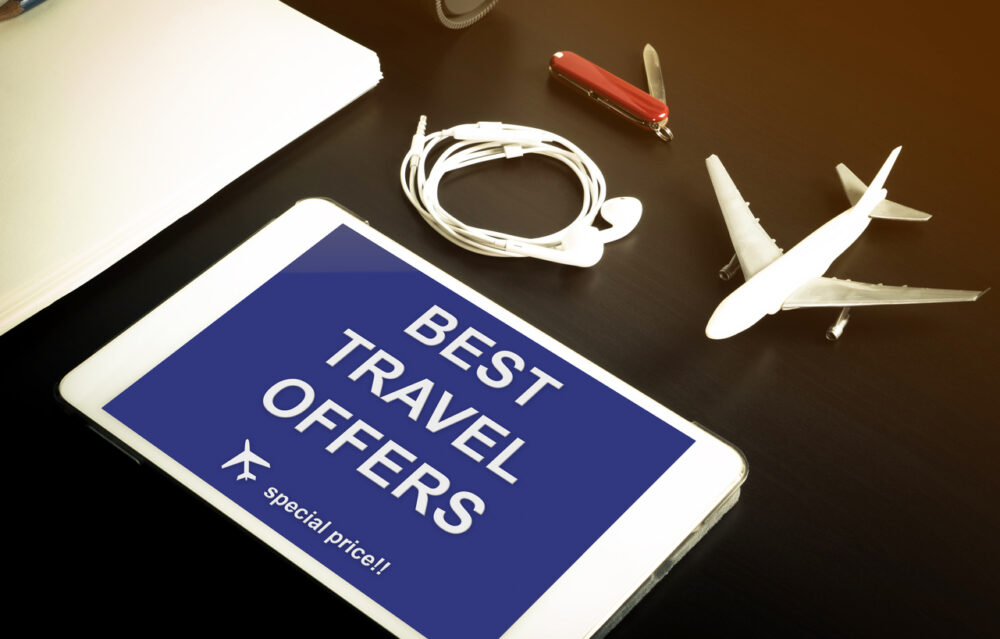
Airlines have powerful partnerships called alliances, like Star Alliance, oneworld, and SkyTeam. The secret is that you can often use the frequent flyer miles you’ve earned with one airline, like United, to book a flight on a partner airline in the same alliance, like Lufthansa or Singapore Airlines.
This is one of the best ways to maximize the value of your miles. Sometimes, the partner airline has better availability or requires fewer miles for the same flight. It also allows you to fly to destinations that your primary airline doesn’t serve. Understanding these alliances is key to becoming a true travel expert.
15. The “best day to buy tickets” is mostly a myth.
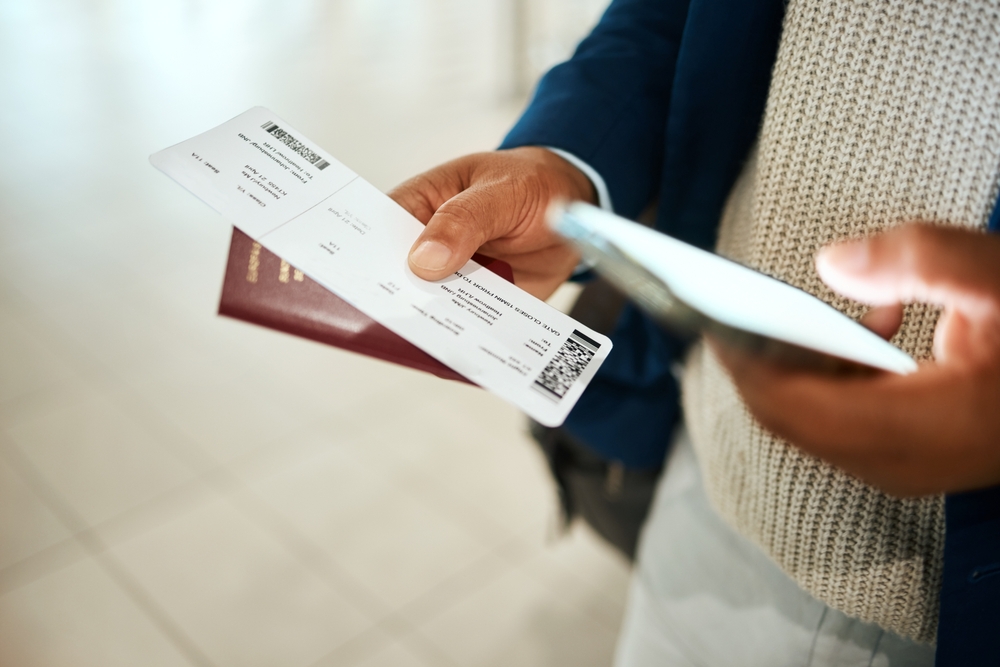
The old advice of “buy your tickets on a Tuesday” is largely outdated. Modern airlines use incredibly complex, algorithm-driven pricing systems that change fares by the minute based on demand, competitor pricing, and countless other factors. There is no longer a magical day of the week when all the fares magically drop.
The real secret is that the best time to buy is in a specific window—typically between one and three months before a domestic flight. The price is more dependent on how far in advance you book, not the day of the week you are booking on. Constantly waiting for a Tuesday sale is a good way to miss out on a decent fare that’s available right now.
